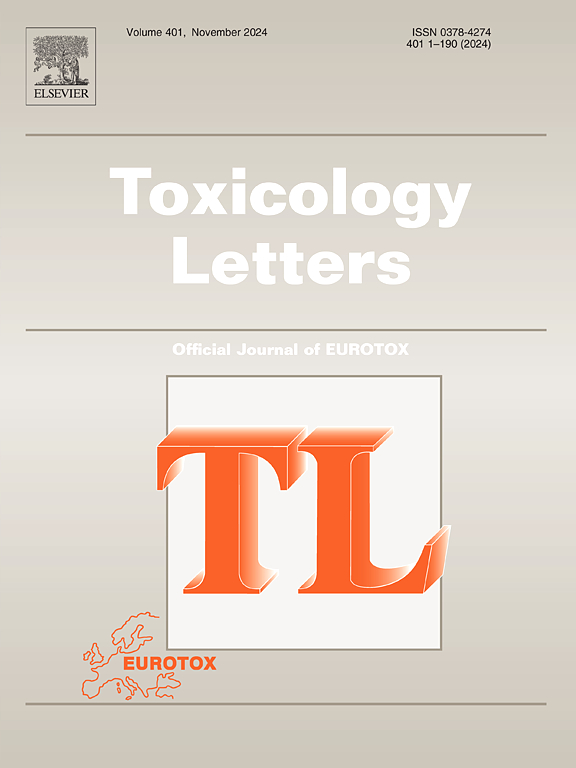Creatine: are the benefits worth the risk?
Abstract
Creatine monohydrate is a popular sports supplement used to maintain levels of high-energy phosphates during exercise. As a supplement, varying amounts are consumed per person corresponding to parameters such as body mass and level of training (i.e. maintenance versus loading doses). Numerous studies have reported beneficial effects including increased muscle mass during training and neural protection. However, negative reports have also been made of possible side effects, such as muscle cramping during exercise, and potential impurities. The present paper introduces the positive and negative aspects of creatine supplementation and focuses on the toxicological data of creatine, its metabolites and associated mutagenicity or carcinogenicity, genomeceutical effect(s), and any potential ‘contaminants.’ Additionally, the novel applications of creatine to the areas of neurology, cardiology, and diabetes are presented and discussed along with the representative data for sports nutrition.





